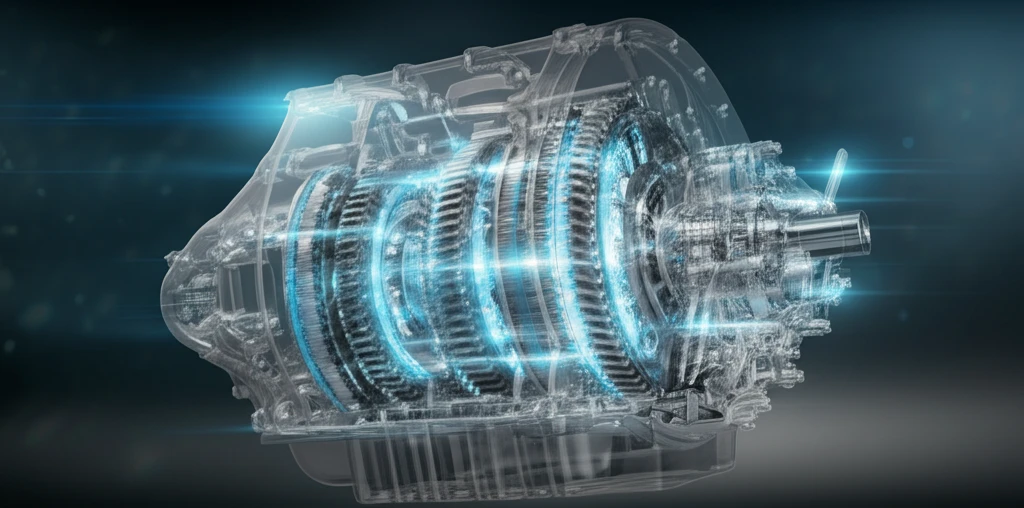
Cooling Clutches: How Smart Design Keeps Your Car Running Smoothly
"Uncover the secrets of wet multi-plate disk clutches and how innovative cooling techniques are boosting performance and efficiency in modern vehicles."
In the relentless pursuit of automotive excellence, engineers are constantly seeking ways to enhance the performance and longevity of vehicle components. Among these critical elements, the transmission system stands out as a key area for innovation, particularly concerning the clutches that enable seamless gear changes.
Wet multi-plate disk clutches, known for their robust nature and ability to handle high torque loads, are increasingly employed in modern transmissions, especially in dual-clutch systems. However, their operation generates significant heat due to friction, necessitating effective cooling strategies to prevent overheating and ensure reliable performance. This is why researchers and engineers are focused on optimising wet multi-plate disk clutches, to keep vehicles on the road longer.
This article delves into the fascinating world of wet multi-plate disk clutches, exploring the innovative cooling techniques that are revolutionizing transmission technology. From novel groove designs to optimized oil flow strategies, we'll uncover the secrets of how smart engineering is keeping your car running smoothly and efficiently.
The Crucial Role of Cooling in Clutch Performance

Wet multi-plate disk clutches rely on a constant flow of oil to lubricate and cool the friction surfaces. The oil not only reduces wear and tear but also carries away the heat generated during engagement and disengagement. Without adequate cooling, the clutch can overheat, leading to reduced performance, premature wear, and even catastrophic failure.
- Optimized Groove Designs: Innovative groove patterns on the friction plates help to channel oil flow and enhance heat transfer.
- Targeted Oil Flow: Precisely directing oil to the areas where heat is generated most effectively removes thermal energy.
- Advanced Materials: The use of advanced friction materials with improved thermal conductivity helps to dissipate heat more efficiently.
The Future of Clutch Technology
As automotive technology continues to evolve, the demands placed on transmission systems will only increase. With the rise of electric vehicles and hybrid powertrains, the need for efficient and reliable clutches has never been greater. Ongoing research and development efforts in cooling techniques, material science, and design optimization promise to unlock even greater levels of performance and efficiency in the clutches of tomorrow. By embracing innovation and pushing the boundaries of engineering, we can ensure that our vehicles continue to run smoothly, efficiently, and reliably for years to come.
